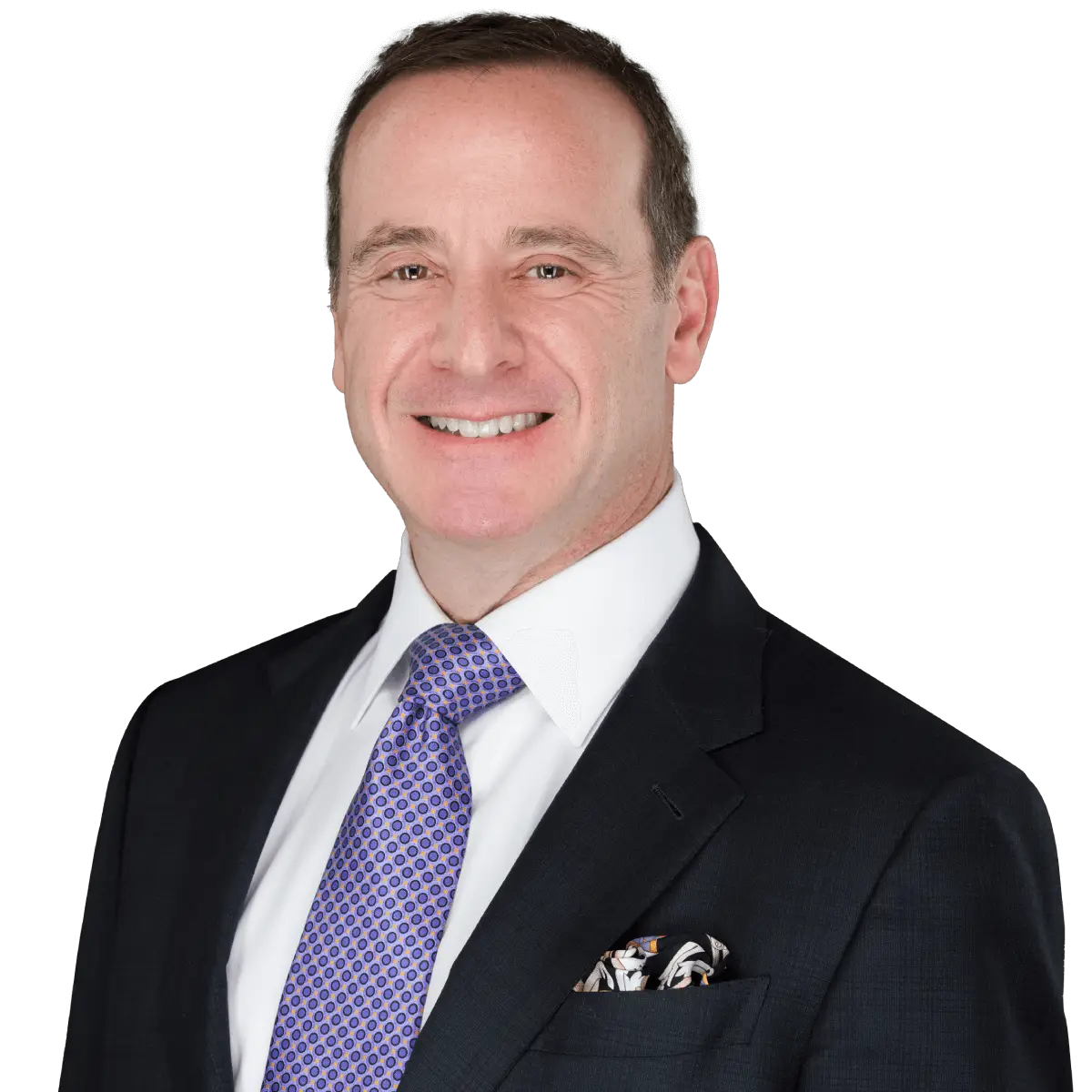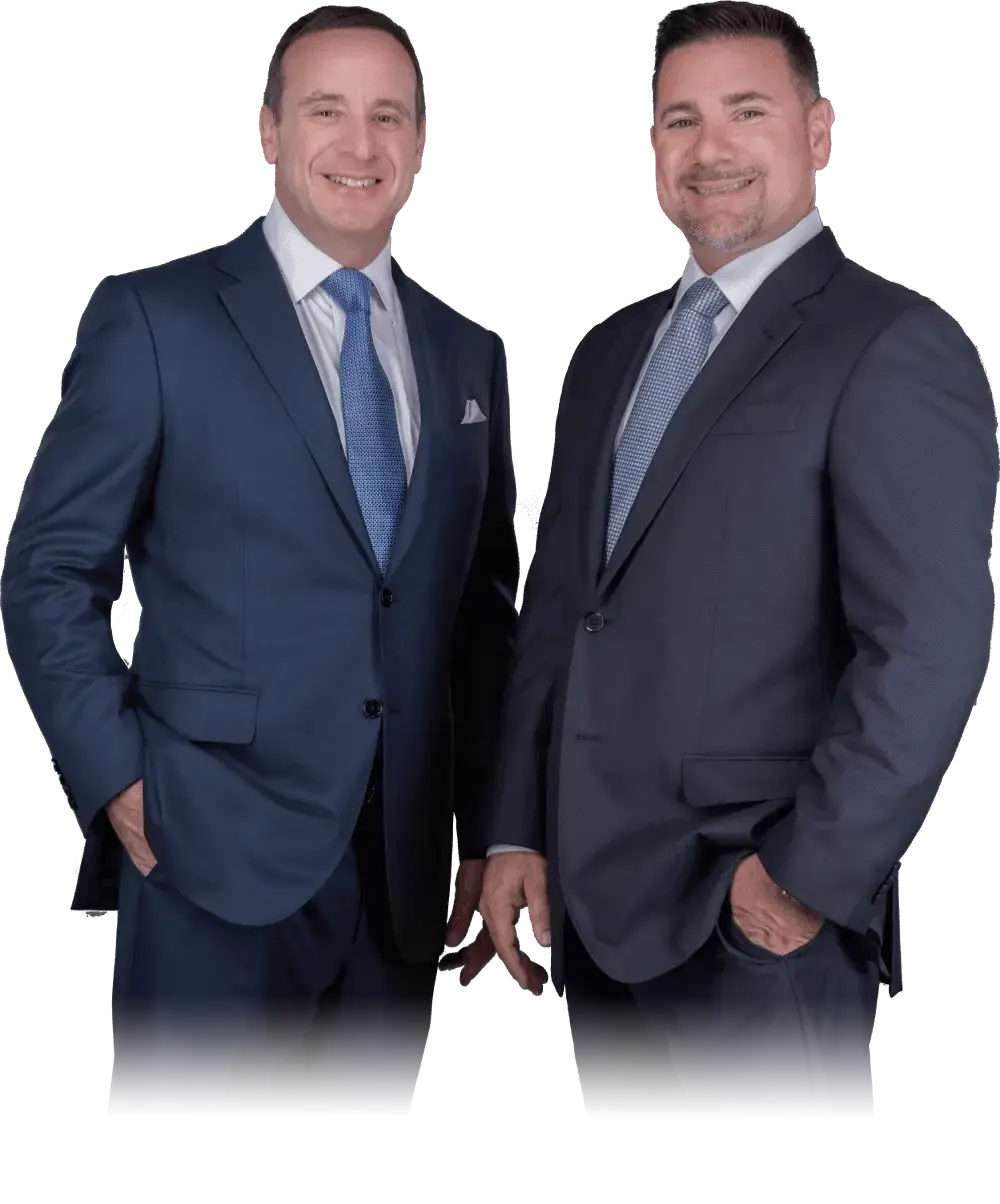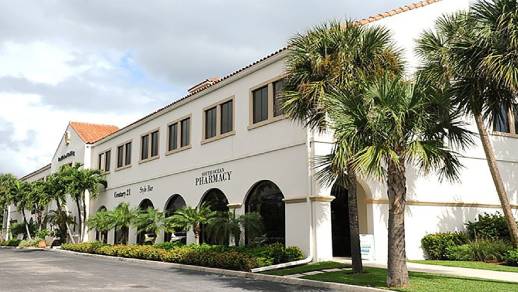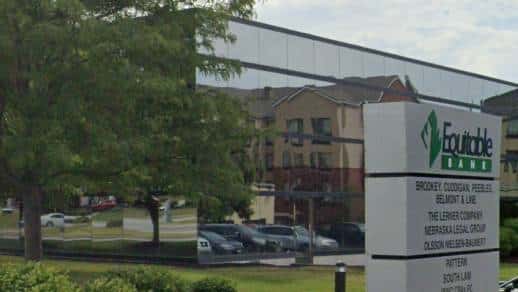KlaymanToskes Has Recovery Options for SPAC Investment Losses
National investment loss lawyers KlaymanToskes is investigating brokerage firms that recommended/managed positions in Canoo, Inc., an electric vehicle company, following SEC charges related to its unreasonable revenue projections and $1 million in undisclosed executive compensation.
Canoo Inc. first entered the market as a Special Purchase Acquisition Company (“SPAC”) between August 2020 and March 2021. The SEC’s investigation has disclosed that when Canoo was in the process of raising funds from the investing public as part of its SPAC merger, the company provided unreasonable and inaccurate financial projections.
In a related settled administrative proceeding, Canoo has agreed to a cease-and-desist order prohibiting further violations of SEC rules. Canoo also agreed to pay a civil penalty of $1,500,000.
Brokerage firms that failed to disclose the underlying risks associated with SPAC investments, and/or that failed to recommend risk management strategies to customers with large, concentrated or margined positions may be held liable for investor losses through FINRA arbitration claims.
Investors who suffered losses of $100,000 or more in Canoo Inc. as a result of misconduct by their broker/investment advisor to contact KlaymanToskes immediately at 888-997-9956 for recovery options. Disclosure: Investors that had self-directed accounts who did not rely on the advice of a financial advisor need not call.
Canoo Inc. Hit with SEC Charges Over SPAC Offering:
Canoo Inc. was founded in 2017 for the purpose of designing and developing electric vehicles (EVs). The SEC’s complaint names Canoo’s former CEO, Ulrich Kranz, and former CFO, Paul Balciunas, in connection with the company’s inaccurate revenue projections and misconduct related to nearly $1 million in undisclosed executive compensation.
According to the complaint, from November 2017 to June 2020, the company’s management “engaged in several unsuccessful attempts to raise capital.” In July 2020, Canoo entered into an agreement to merge with a “Blank Check” or Special Purchase Acquisition Company (“SPAC”), in order to raise capital. Canoo completed its SPAC merger on December 21, 2020, and began trading on the Nasdaq Global Select Market under the ticker symbol GOEV on the following day.
At market close on December 22, 2020, Canoo’s common stock price reached $18.89 a share. Currently, as of August 14, 2023, Canoo’s stock price is reportedly worth $0.51. SPACs are historically risky as they lack the earning history and proven management teams that accompany traditional Operating Company IPOs.
Canoo’s Financial Projections and Undisclosed Executive Compensation:
The SEC found that “ Canoo’s financial projections, which it provided to investors and the SEC with both Kranz and Balciunas’s awareness, included projected revenue for providing engineering services to other companies of $120 million for 2021 and $250 million for 2022.”
Between July 2020 and November 2020, Canoo’s executives, Kranz and Balciunas received notice that many of Canoo’s projects with its engineering services customers had fallen through. However, Canoo did not update its financial projections in its SEC filings until March 2021.
On March 29, 2021, Canoo Inc. announced that the company would “deemphasize the originally stated contract engineering services line,” and removed its revenue projections from its public filings. The SEC found that Canoo’s statements regarding revenue projection “were material to investors who would want accurate revenue projections when making investment decisions about Canoo.”
Additionally, in November 2019, Kranz entered into an agreement with two individuals who were “significant investors in Canoo,” in order to receive up to $1 million in compensation related to his work at the company. Kranz reportedly received over $900,000 from the two individuals, according to the SEC. As Canoo’s CEO, Kranz was required to disclose all compensation he received and failed to do so, causing the company to maintain inaccurate executive compensation disclosures.
Losses on Concentrated Positions: What Can Investors Do?
Concentration or “failure to diversify” is a securities violation that occurs when a financial professional concentrates an investor’s assets in one particular investment, class of investments, or market sector. Concentrated investments are also considered unsuitable. SPACs are a type of investment, meaning holding a large position in one SPAC or a combination of SPACs is unsuitable due to their risky nature.
Brokerage firms and their registered financial professionals have a responsibility to ensure that their customers understand the risks associated with concentration, and to disclose and recommend risk management strategies, which can be used to protect the value of the concentrated portfolio.
KlaymanToskes can help you determine if your SPAC investment loss is the result of a securities violation. Contact attorney Lawrence L. Klayman today for a free consultation at (888) 997-9956 or fill out a short contact form.
Our firm offers legal services on a contingency fee basis, meaning we do not collect attorney’s fees unless we are able to obtain a financial recovery for you.
About KlaymanToskes
KlaymanToskes is a leading national securities law firm which practices exclusively in the field of securities arbitration on behalf of retail and institutional investors throughout the world in large and complex securities matters. The firm has recovered over $250 million in FINRA arbitrations and over $350 million in other securities litigation matters. KlaymanToskes has office locations in California, Florida, New York, and Puerto Rico.
Contact
KlaymanToskes, P.A.
Lawrence L. Klayman, Esq.
888-997-9956
lawrence@klaymantoskes.com
www.klaymantoskes.com









